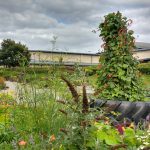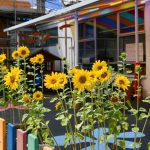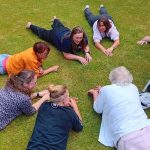The impact of outdoor education and learning
Outdoor Learning and Attainment
Outdoor learning not only helps children and young people understand their own interests, but it also helps them to increase their knowledge and academic skills. The research that we have compiled below helps support our on-going projects and work.
The evidence is clear: outdoor learning is one of the tools we need to use to raise attainment in our schools and nurseries.

Do you want to find out more?
Then take a look at who makes up our Advisory Boards, Trustees and Governors.
Then take a look at who makes up our Advisory Boards, Trustees and Governors.
Image Source: Malcolm Cochrane
Outdoor Learning Hubs
Students involved in an outdoor learning project for 2 hours per week over 12 weeks gained an average increase of 6 months for Mental Arithmetic and 2 months for General Maths. They also showed a 20% increase in their attitudes to learning, while the control group decreased by 3% over the same period.
Harvey, Rankine & Jensen (2017)
Wilderness Schooling
The results indicate that children who participated in the Wilderness School outdoor learning programme increased their attainment in English reading, writing and maths significantly more than children who received conventional classroom.
Quibell, Charlton & Law (2017)
Student Outcomes and Natural Learning Conference Report
Evidence to impact report that moves through the evidence supporting the many ways children’s experiences in natural environments benefits their educational attainment and the development of resilience and confidence as precursors to successful learning through to the policy and practical context for supporting systemic change.
Malone & Waite (2016)
Links between Natural Environments and Learning: Evidence Briefing
This briefing focuses on the impacts of learning in natural environments and the impacts of natural environments on learning processes and outcomes.
Natural England (2016)
Every Experience Matters
This evidence-based review supports the argument that experiences outside the formal classroom help provide the blueprint on which young people continue to build throughout their schooling and will have significant impact on the child’s whole development.






